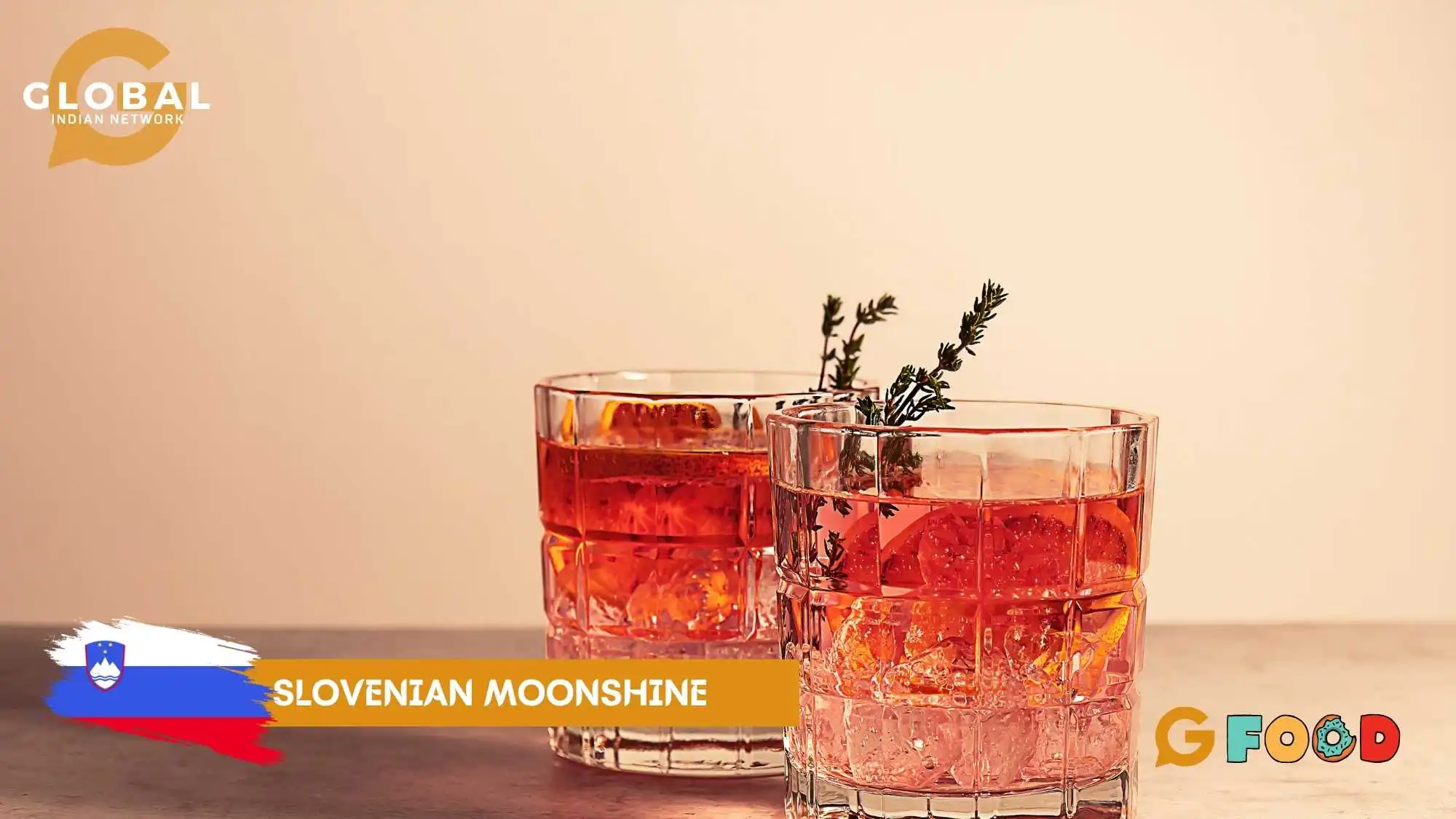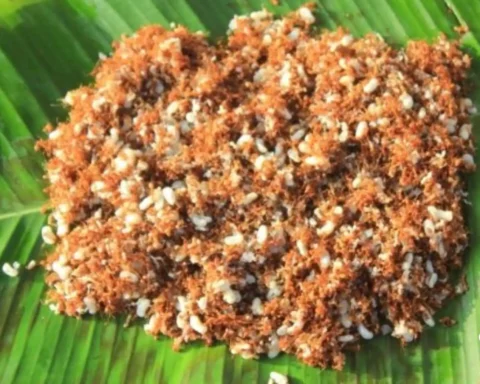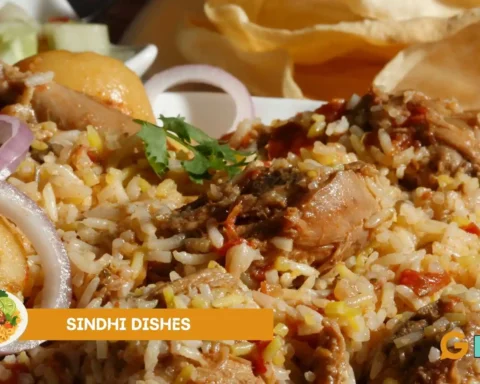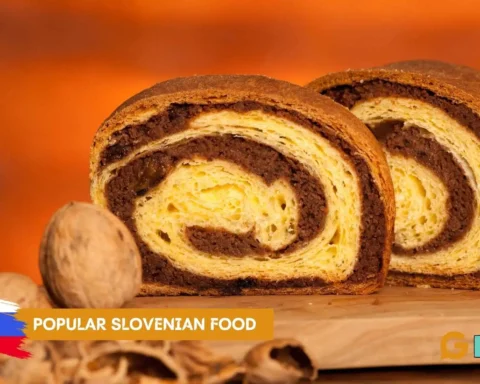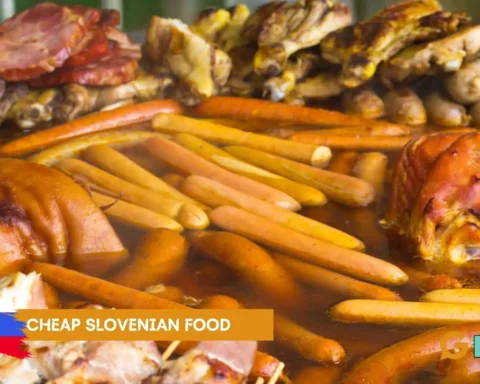Moonshine is a homemade, traditional liquor or spirit made at home. Historically, it was made at night to avoid discovery; therefore, it was produced illegally. This also explains the name 'Moonshine,' later adopted by legal producers. Later on, this liquor spread across various regions of the world, developing its different varieties - in taste, procedure, and ingredients, according to the regional variations.
This article will discuss Slovenian Moonshine, known for its brilliant sapidity!
Table of Contents
The Culture of Slovenian Moonshine
The tradition of Moonshine started in the United Kingdom in the 21st century and rapidly spread to Eastern Europe with conquests and invasions. Slovenia's past association with the Austro-Hungarian Empire brought the tradition of beer drinking, and its favourable climatic conditions for wine production contributed to the large-scale consumption and development of alcohol in Slovenia.
The drinking culture is widely accepted and celebrated in Slovenia. Over 20,000 households are running small-family businesses in Slovenia that practice home distillation of Moonshine. Slovenia's homemade fruit spirit is a revered cultural practice. The liquor is famous for its exotic flavour and a delightful experience. People travelling to Slovenia do not fail to try the local Moonshine.
Types of Moonshine
Tropinovec
Slovenia has 20000 hectares of land covered in vineyards. The country's wine is renowned for its sweetening aftertaste. The wine is made from grapes. In the winemaking process, pomace, a solid residue(seed, skin, pulp), is left after crushing the fruit's juice. The residue is further distilled into a liquor - pomace brandy. This brandy is prevalent in many European countries.
The Slovenian variation of pomace brandy is Tropinovec, especially produced in eastern Slovenia. It is distilled from fermented grapes left after wine production or sugar. The word means 'half-crushed or half-dried grapes'. It is advised not to drink in huge quantities because it contains high amounts of alcohol content, that is 60-70%. Fruits such as blueberries, cherries and pears are often added to the fruit spirit. Then, the fruit name is used as a prefix to Tropinovec. For example - borovničevec with blueberries, višnjevec with sour cherries, etc. It is also used with herbs for medical purposes. Tropinovec, produced of high-quality wine, is a discrete product and is highly demanded.
Šnops (šnopc) or Žganje
Šnops (šnopc), or Žganje, is distilled from pears, plums and apples. Žganje distilled from William Pears is called Viljamovka. Žganje made by distilling juniper berries in the Karst region is called Brinjevec and is used mainly for medicinal purposes. Žganje, distilled with blueberries, is called Borovničke.
It is advised to dilute it with boiling water to make it lighter since the alcohol content is 60-70℅. Similar to Tropinovec, Žganje is soaked with various fruits and herbs to improve its flavour or make it useful for medical purposes.
Slivovka
It is a fruit brandy distilled from harvested and fully ripe damson plums. The plums are half-crushed before yeast or sugar are added to increase the fermentation process. It is widely known as Slivovitz in Eastern, Central and Southern Europe. This homemade Slivovitz
The tradition of Slivovka produced in Slovenia comes from Serbia. It is traditionally known as Sljivovica in Serbia. The plum is the national fruit and Sljivovica is the national drink of Serbia. The drink is a principal constituent of Serbian rituals and everyday practices. It is a salient characteristic of Serbian culture.
Slivovka is also called Slibowitz, Slivovic, Slivovitz, or Sliwowica and comes from the term 'sljiva', which means plum, in the Slavic language. Pleterje Charterhouse in Slovenia is held in high esteem for Slivovitz. The authentic style of production with the traditional way of distilling is the reason for its popularity. The alcohol constituents are 45% volume in the brandy. Interestingly, the Slovenes drink it with morning coffee!
Pelinkovac
Pelinkovac, also known as pelinkovec or pelinovec in Slovenia, is distilled from liqueur based on wormwood or pelin in the Slovenian language. The liquor has a bitter taste, similar to that of Jägermeister. This Moonshine has an alcohol content of 28-35%. It is primarily famous in Eastern European countries, such as Croatia, Serbia, Montenegro, Bosnia and Herzegovina, North Macedonia, and Bulgaria.
Conclusion
Slovenia offers a variety of drinks, and being a nation of wine drinkers, it produces excellent wine. You will come across exceptional brandy and beer of fine taste. However, Slovenian Moonshine is one of its kind, known for its excellent flavouring and senses-pleasing experience. You cannot afford to miss the traditional, homemade Moonshine if you travel to Slovenia or any part of Eastern Europe.
FAQs
What kind of alcohol is Moonshine?
Moonshine is a traditionally homemade liquor with regional variations. Historically, it is an illicitly distilled liquor made at night.
What is Moonshine called in India?
Indian Moonshine is called Desi Daru.
Is Moonshine the strongest alcohol in the world?
Moonshine doesn't need to have the highest content of alcohol. It varies according to the region and its variety.
What country is Moonshine from?
Moonshine originated in the United States but later spread to other parts of the world. Countries further developed it according to their preferences.




